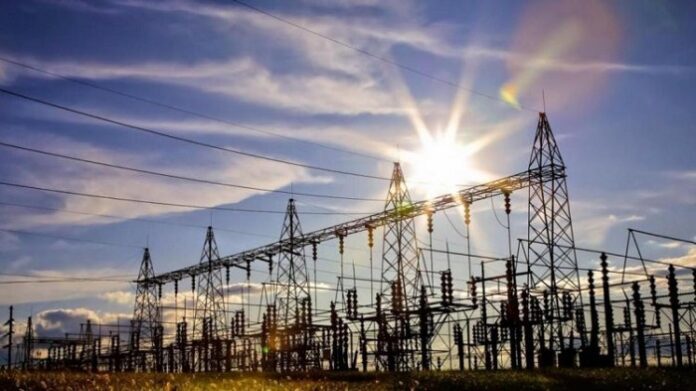Sofia, Bulgaria: Director of the Energy and Climate Program at the Centre for the Study of Democracy (CSD), Martin Vladimirov, noted that the European country is set to become a net importer of electricity soon after 2030. This will account for about 15% of the country demands.
Vladimirov made the remarks in his recent interview with the EURACTIV media house, where he pointed out that the Bulgarian government still needs to have a long term effective plan for renewable sources. He then expressed his concern noting that the country’s 2030 agenda of 27% of RES is low as well as is based on the false narrative that the share of biomass (firewood) in the heating and cooling segment from about 30% to 44% will rise.
He then highlighted the need for the transformation of Bulgaria’s energy sector, stating, “Bulgaria will be required to transform its energy sector over the next decade by gradually phasing out coal-fired power generation and making significant investments in renewable energy-based (RES) power plants. Bulgaria’s goals for increasing the share of RES in final energy demand lack ambition, which we hope the Bulgarian government will change when revamping the National Energy and Climate Plan in 2023.”
Vladimirov also asserted that the Bulgarian government also required to change its lodestar away from large-scale energy projects while putting the focus on decentralisation of electricity production.
“At present, the focus is on financing a large-scale scheme for RES investment tenders, under which a minimum quota of 25% is set for the installation of battery storage systems. This project to connect 1.7 GW of RES capacity puts excessive focus on the use of batteries. In the framework of well-interconnected power markets in the SEE region, the excess power storage capacity does not make economic sense”, he further added.
In Vladimirov point of view, if the Bulgarian government unlocks the RES potential of the country, only then 100% decentralisation of the electricity mix might be doable.
The European nation will be evolving as the net importer of electricity after the year 2025, during which about 10-25% of Bulgaria’s consumption will depend on the speed of the coal phase-out.

